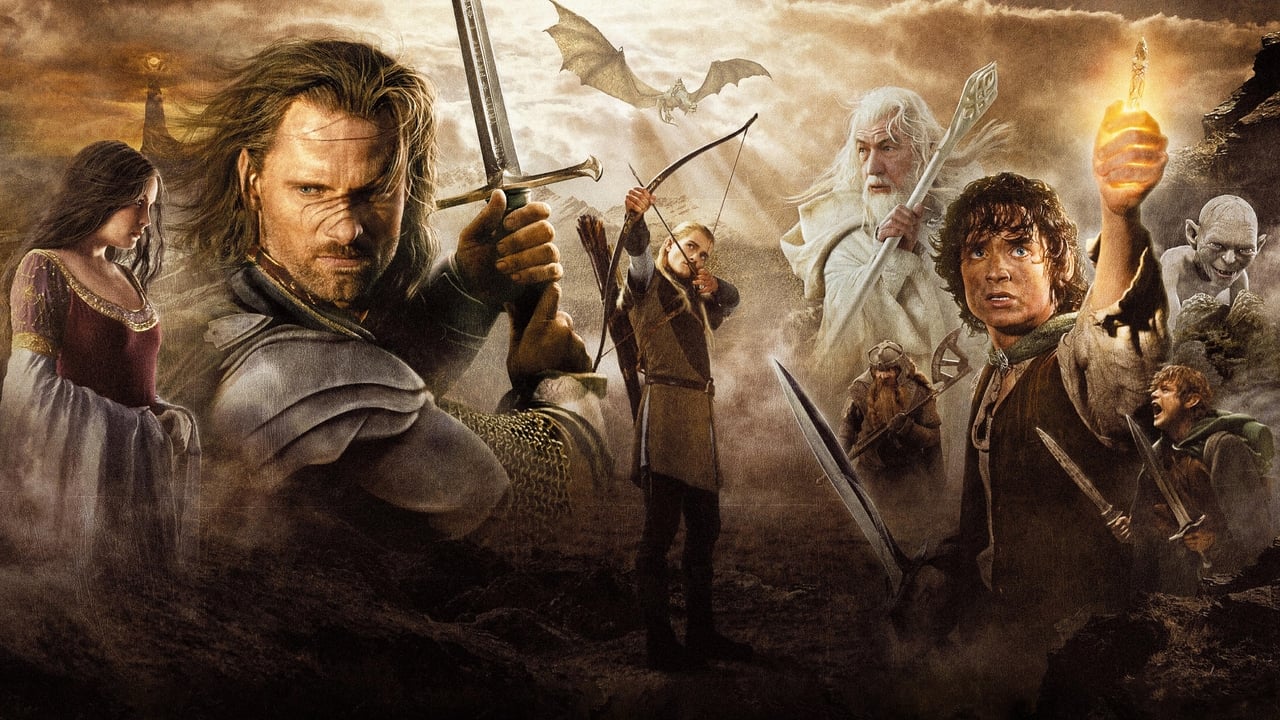And so all good things come to an end. For three years in a row, Peter Jackson has banished our winter blues with the individual instalments of his Tolkien trilogy, effectively shifting the focus of our cinematic excitement from the summer months to the end of the year. But now that his epic has been unveiled in its entirety, what will be the lasting effects of his achievement?
Well, grand-scale fantasy filmmaking is back on the menu, laying down the gauntlet to George Lucas and Star Wars Episode III. Jackson has also proved that notions of risk and ambition needn't be confined to the low-budget, indie end of the spectrum; nor does California have an exclusive stranglehold on groundbreaking special effects.
And then there's the DVD factor. Just as The Lord Of The Rings was upping the stakes in theatres, so too was its DVD release pattern defining what can (and should) be done on disc for major movies.
In particular, the four-disc extended editions seem to have affected the director's thinking as to what he can get away with in his theatrical final cut. Hence the public grumbles from Christopher Lee about the non-appearance of Saruman in this final instalment. While it might have been fair to grant Lee a curtain call, Jackson quite rightly realises that it is Sauron, not Saruman, whose fiery eye encompasses all the narrative strands of the climax.
The Return Of The King marks the first time in the series when Jackson's roots as a horror filmmaker creep through. As the orcs catapult severed Gondorian heads beyond the walls of Minas Tirith, flesh-rotted ghosts draw swords alongside Aragorn and giant spider Shelob stalks Frodo through dark, web-shrouded tunnels, the film pushes the boundaries of its 12A certificate.
And so it should, because the look and tone must necessarily grow darker as the Hobbits near Mount Doom and Mordor's evil hand grips Middle-earth ever tighter.
Character nuances have been crafted over an unprecedented ten hours-plus of cinematic storytelling: from Strider lurking in the shadowy corner to Aragorn rallying the troops; from Merry and Pippin as bumbling fools to stout-hearted, pint-sized warriors. Only Legolas and Gimli seem to have regressed (in screen time at least) to set-piece archer and comedy sidekick respectively. At least Andy Serkis is rewarded for his Gollum voice work with an early flashback that gets his face on screen, as well as warning us that, under the ring's power, Smeagol can be as murderous as Gollum.
Jackson has kept the momentum of the series rolling on and on though the traditionally 'difficult' middle part and 'weak' finale, delivering a climax to the story that's neater and more affecting than what Tolkien managed on the printed page. Some viewers might feel that the director sprinkles some cheese on his extended coda, adding at least one false ending too many (even if he does ignore the book's Scouring of The Shire).
But those who have walked beside these heroes every step of the way on such a long journey deserve the emotional pay-off as well as the action peaks, and they will be genuinely touched as the final credits roll. Yes, the Ring is dead. Long live King Kong.
Verdict - The resounding climax to a landmark in cinema history. But the King has now returned, the story is over and the ships are leaving Middle-earth. Ladies and gentlemen, Elvish has left the building.
5/5
- Alan Morrison, Empire Magazine
